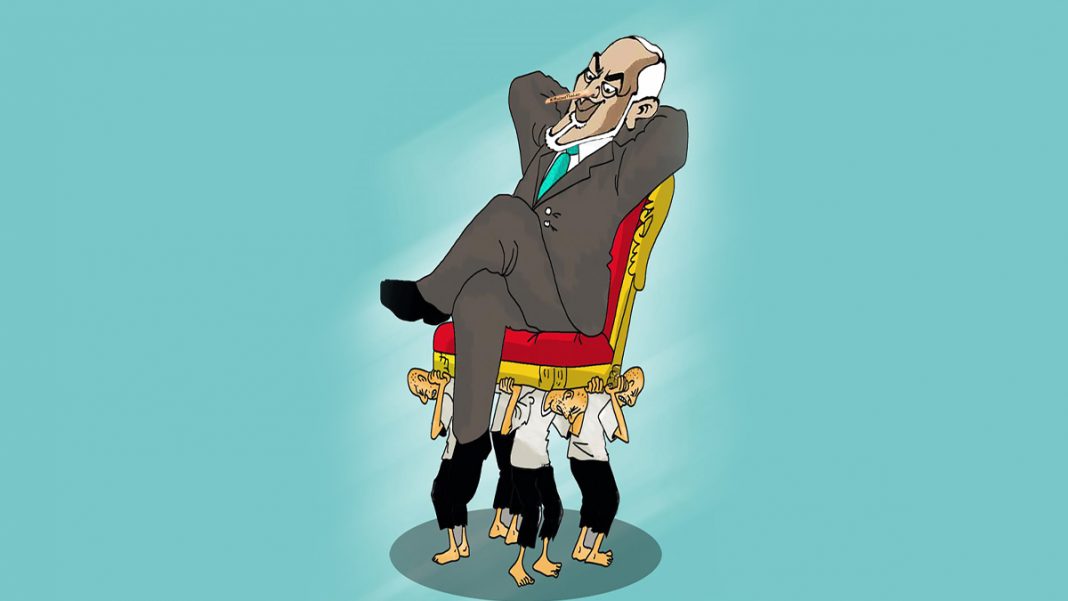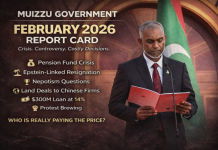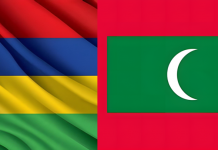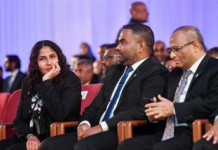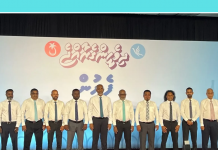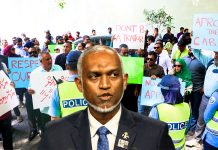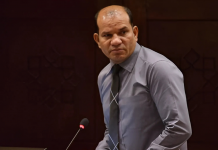When President Muizzu took office in the Maldives, he promised equality for all citizens, regardless of their political beliefs. He pledged to uphold everyone’s rights and ensure every voice mattered in politics. “Every Maldivian citizen is equal, regardless of their political views,” he assured the nation, rallying support for his inclusive vision.
However, many Maldivians today face a starkly different reality. Instances abound where those with opposing political views have suffered consequences in their jobs. Employees at Muliaage were fired for meeting the wife of a former president Ibu Solih , a move deemed politically sensitive even before the new administration settled into its official residence.
The dismissals didn’t stop there. A state minister from the Maldives National Party was suddenly removed without explanation, and others faced suspension or firing simply for running in opposition elections or speaking at opposition events.
Ahmed Zuhoor, a seasoned public servant, lost his role as HDC Chairman under unclear circumstances, suggesting political loyalty outweighed professional merit. Even Ahmed Shaain of HDC allegedly lost his job over politics, despite claims of negligence being cited as the reason.
These actions not only violate constitutional rights to political expression but also undermine trust in the government’s commitment to fairness. Despite promises to treat all citizens equally, criticism mounts as political reprisals and broken pledges shake confidence in the president’s leadership.
President Muizzu’s administration faces scrutiny for failing to uphold its promise of inclusivity, especially after securing a supermajority in parliament. Critics argue that assurances of non-discrimination ring hollow amid growing political tensions and unfulfilled promises on critical issues like housing and economic reforms.
Questions persist about the president’s ability to deliver on campaign vows, especially as dissenting voices within his administration face retaliation. The erosion of trust among Maldivians, fueled by perceptions of favoritism and arbitrary dismissals, threatens national stability and unity.
While President Muizzu’s commitment to equality is enshrined in law, the gap between rhetoric and reality casts doubt on his administration’s governance. Safeguarding the Maldives’ democratic fabric requires more than promises—it demands genuine respect for political freedoms and accountability in leadership. As the world watches, Maldivians navigate a delicate balance between political rights and governmental integrity under President Muizzu’s tenure.

